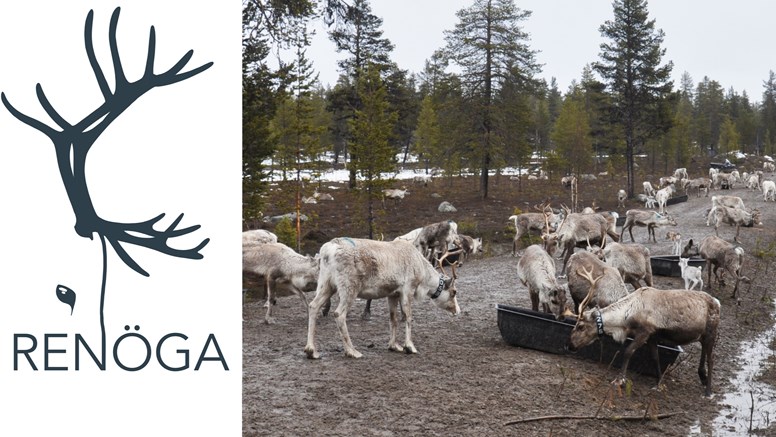Project facts
Project manager

Main applicant
SVA
Partners
Swedish University of Agricultural Sciences
Financier
Swedish Research Council Formas
Start/end
2020 - 2024
Field of research
Cervids
Reindeer
Project members
Anna Omazic
Jenny Frössling
Jonas Johansson Wensman
Karin Wallin Philippot

Severe eye and oral infectious diseases will affect the animal welfare among Swedish reindeer
Foto: Erik Ågren SVA
Reindeer herding is an important agricultural industry in the north of Sweden, and it is also classified as a national interest. The reindeer is of economic importance, not only for reindeer herders, but also for restaurants and the food processing industry, for tourism and for the leather industry. Moreover, grazing animals are very important for the ecosystem. The reindeer is also of great importance for the Sami society, the indigenous people of the North. Climate change is heavily affecting the reindeer herding in all Sápmi. Reindeer are facing increased difficulties in finding feed wintertime and supplementary feeding is getting more and more common, either by keeping reindeer in enclosures or by gathering them on their pasture every day. Both strategies keep the animals in close contact with each other, which will increase the risk for infectious disease transmission. There are indications that infectious diseases in the eye and mouth (IDEM) are becoming more common in Swedish reindeer. They will cause animal suffering and starvation and hence, decreased productivity. The aim of this study is to gain more knowledge on the prevalence and risk factors of IDEM, and how they can be prevented. The project will be carried out as a PhD-project:
- Developing early detection methods and optimal sampling routines and best diagnostic procedures for IDEM.
- Analysing the prevalence and etiology of IDEM in Swedish reindeer herds.
- Risk factors and herders’ perceptions for IDEM.
- A longitudinal study assessing the economic impact of IDEM on other health parameters in Swedish reindeer herds.
Publication